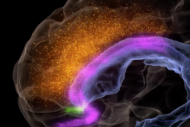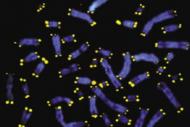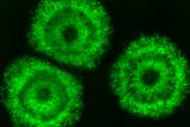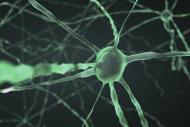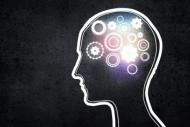Researchers at UCSF have discovered a previously unknown mass migration of inhibitory neurons into the brain’s frontal cortex during the first few months after birth.
Using a mouse model of multiple sclerosis, UCSF scientists demonstrated that regenerating myelin can both protect neurons from damage and restore lost function.
Major childhood psychological and social stressors, increase the odds of shorter telomere length in adulthood, according to a study led by researchers at UC San Francisco.
Four UCSF researchers are among the 84 Faculty Scholars named by the Howard Hughes Medical Institute, the Simons Foundation, and the Bill & Melinda Gates Foundation in a new program to support promising early-career scientists.
Chronic pain and loss of bladder control are among the most devastating consequences of spinal cord injury.
A digital assessment platform designed to look and feel like a video game may successfully flag children with attention disorders.
UCSF researchers have devised a new term, “sudden neurological death,” to describe apparent sudden cardiac deaths that actually were due to neurological causes.
A new UC San Francisco study challenges the most influential textbook explanation of how the mammalian brain detects when the body is becoming too warm, and how it then orchestrates the myriad responses that animals, including humans, use to lower their temperature.
UCSF alumnus Joshua A. Gordon has been selected as the next director of the National Institute of Mental Health.
The stigma associated with mental illnesses is causing millions of Americans go untreated because of misconceptions and shame. UCSF researchers are among those who are pushing for changes that would help to eliminate the stigma and get people the treatments they need.

